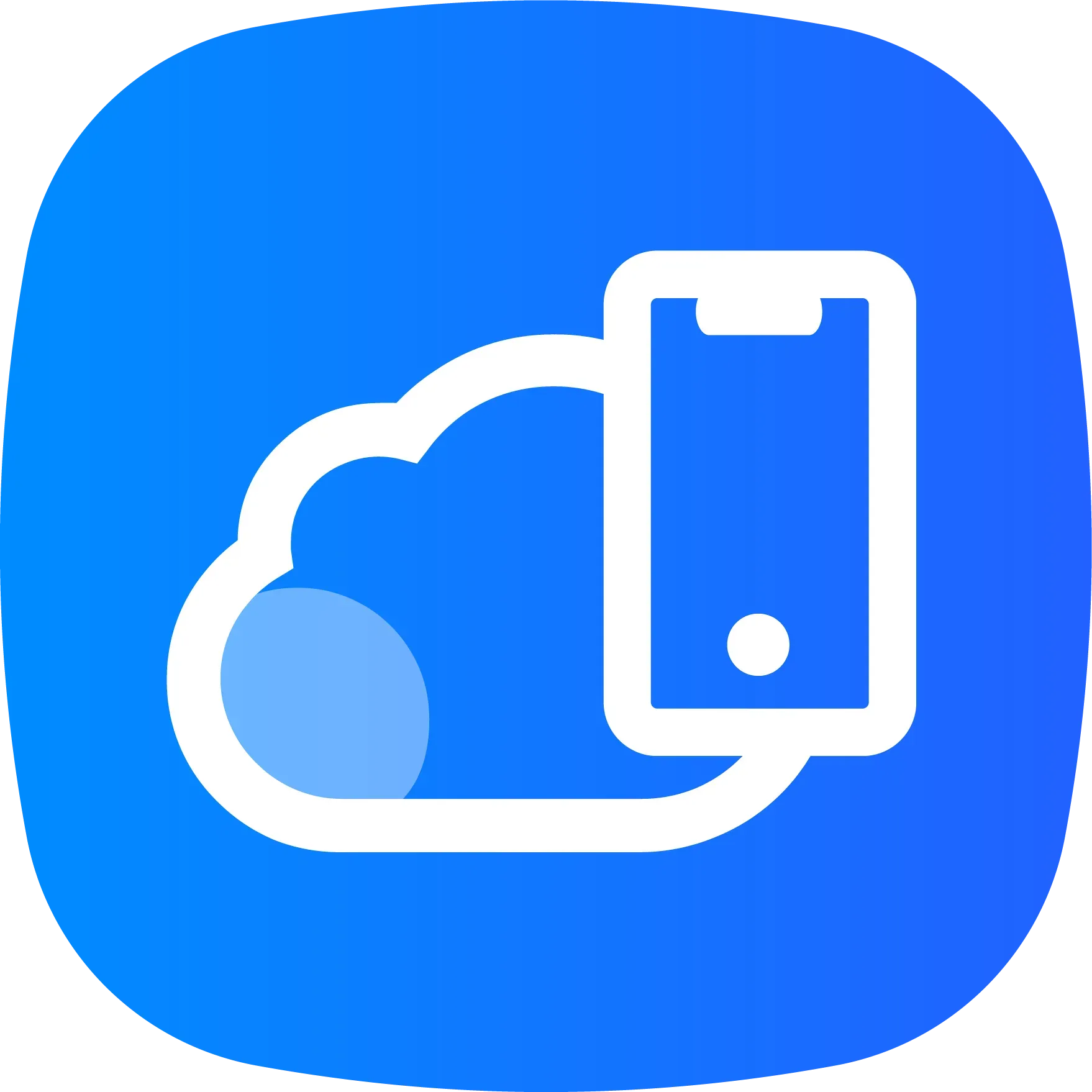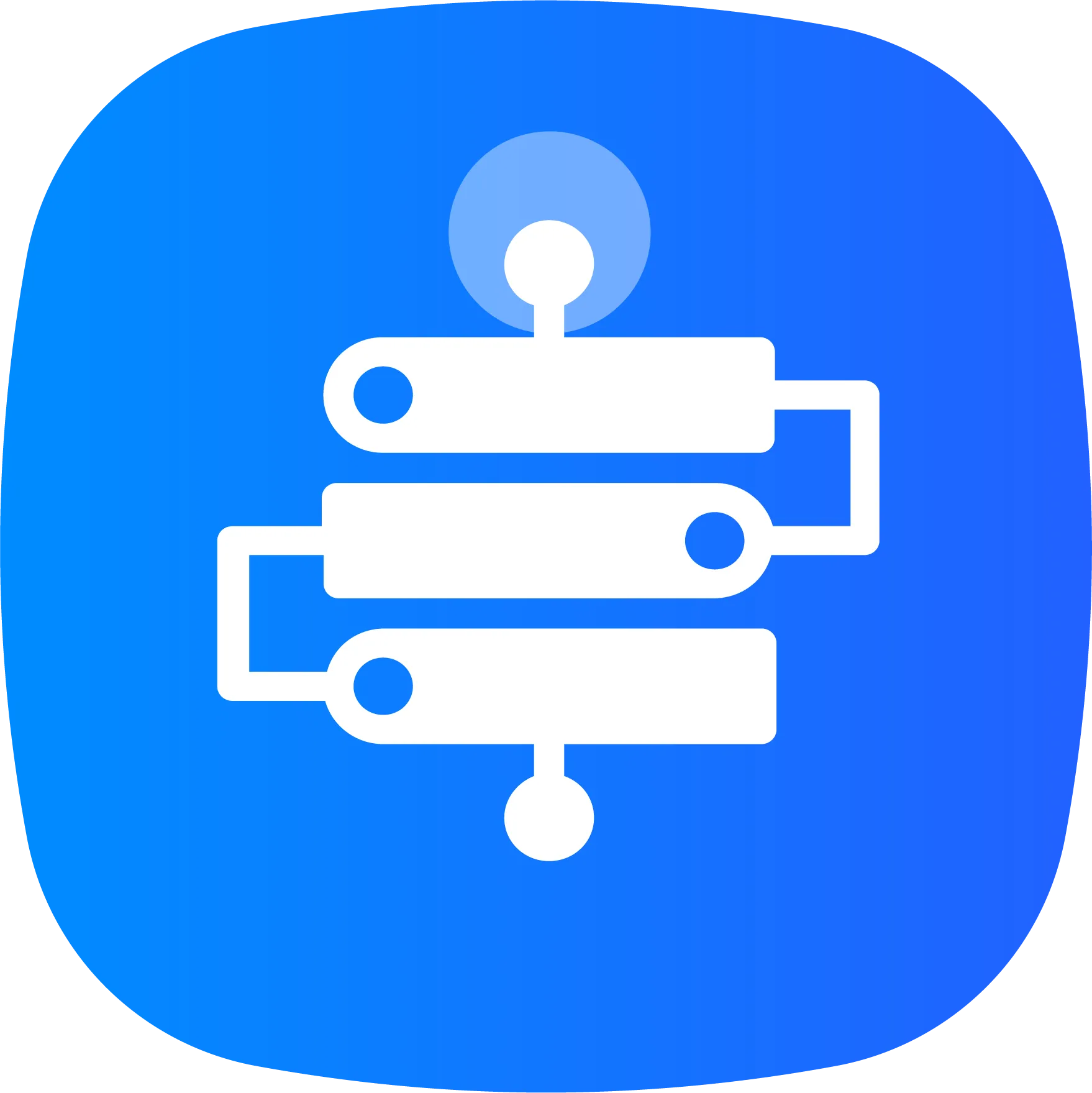Global IT supply chain
International transportation + IT O&M outsourcing + self-owned backbone network
With the rapid development of cloud computing technology, cloud phones, as a new form of mobile devices, have gradually entered people’s radar. An increasing number of individuals are embracing cloud phones to run various applications, particularly in scenarios like mass control and overseas business operations, where they exhibit remarkable convenience and advantages. So, what are the advantages and disadvantages of cloud phones? Can they completely replace traditional mobile phones?

Let’s first explore the benefits of cloud phones. Since cloud phones operate in the cloud, users don’t have to worry about issues like power outages, bandwidth limitations, or device damage that are commonly encountered with physical phones. Furthermore, as an elastic computing platform, cloud phones can be flexibly adjusted based on user needs, enabling on-demand usage and unparalleled convenience. For B-end users, cloud phones offer a range of solutions, providing more convenient and efficient services.
The application of cloud phones in the B2B sector is particularly extensive. They provide ARM-based elastic computing services in a web-based format, facilitating cross-terminal usage. Additionally, cloud phones are equipped with numerous automated functions tailored for B2B scenarios, such as centralized control and rich programming interfaces. Users can not only operate multiple cloud phone resources from a computer but also automate business functions through programming. This makes cloud phones a viable option in various fields, including secure office work, micro-business, game studios, overseas social media platform operations, app testing, and private domain traffic management.
Moreover, compared to traditional mobile phones, cloud phones offer a more cost-effective and controllable option. Typically, cloud phone platforms lease out cloud devices, allowing users to flexibly choose the appropriate time span based on their business needs. This eliminates the need for significant device purchase costs, venue costs, and maintenance expenses associated with traditional phones. Furthermore, the selection of cloud phones is more diverse, with various models available to cater to different needs. By renting a cloud phone, users can enjoy the performance of a high-configuration traditional mobile phone.
However, it’s worth noting that cloud phones do have their limitations. Since they don’t have SIM cards, they cannot use phone calls and SMS functions like traditional mobile phones, restricting their usage in certain scenarios.
In conclusion, cloud phones bring numerous conveniences and new possibilities to our work and life. With continuous technological advancements and improvements, cloud phones are expected to play a significant role in more fields in the future. If you’re interested in learning more about the applications and information related to cloud phones, feel free to contact Ogcloud, and we’ll be happy to answer your questions!

International transportation + IT O&M outsourcing + self-owned backbone network

Cellular chips + overseas GPS + global acceleration network

Overseas server room nodes + dedicated lines + global acceleration network

Global acceleration network + self-developed patented technology + easy linking

Global Acceleration Network + Global Multi-Node + Cloud Network Integration


